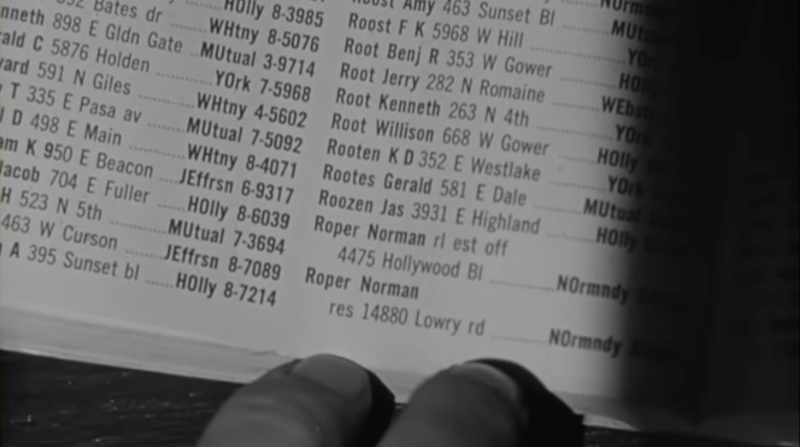Alexandra Petri has a satiric piece in The Washington Post: “We must protect life from conception until the moment of birth!”
It’s no surprise to me to learn that Mary Miller (R, IL-15) is one of just forty-two members of the House of Representatives who voted on Thursday against the Keep Kids Fed Act of 2022, created to help fund meal programs throughout the year. Miller is zealous about prohibiting abortion and allowing unlimited access to weapons. Not so zealous about feeding children.
One detail: the bill is meant to
extend flexibilities for summer meals in 2022. This will make it easier to feed all students during the summer months, particularly those in rural areas, through flexible options like meal delivery and grab-and-go. [My emphasis.]Rodney Davis, Miller’s opponent in the Republican primary, voted for this bill. Friends who tell me that there’s no difference between Davis and Miller, that it’s a mistake to cross over to vote in the Republican primary: you’re wrong.
Related reading
All OCA Mary Miller posts (Pinboard)
[Miller holds



